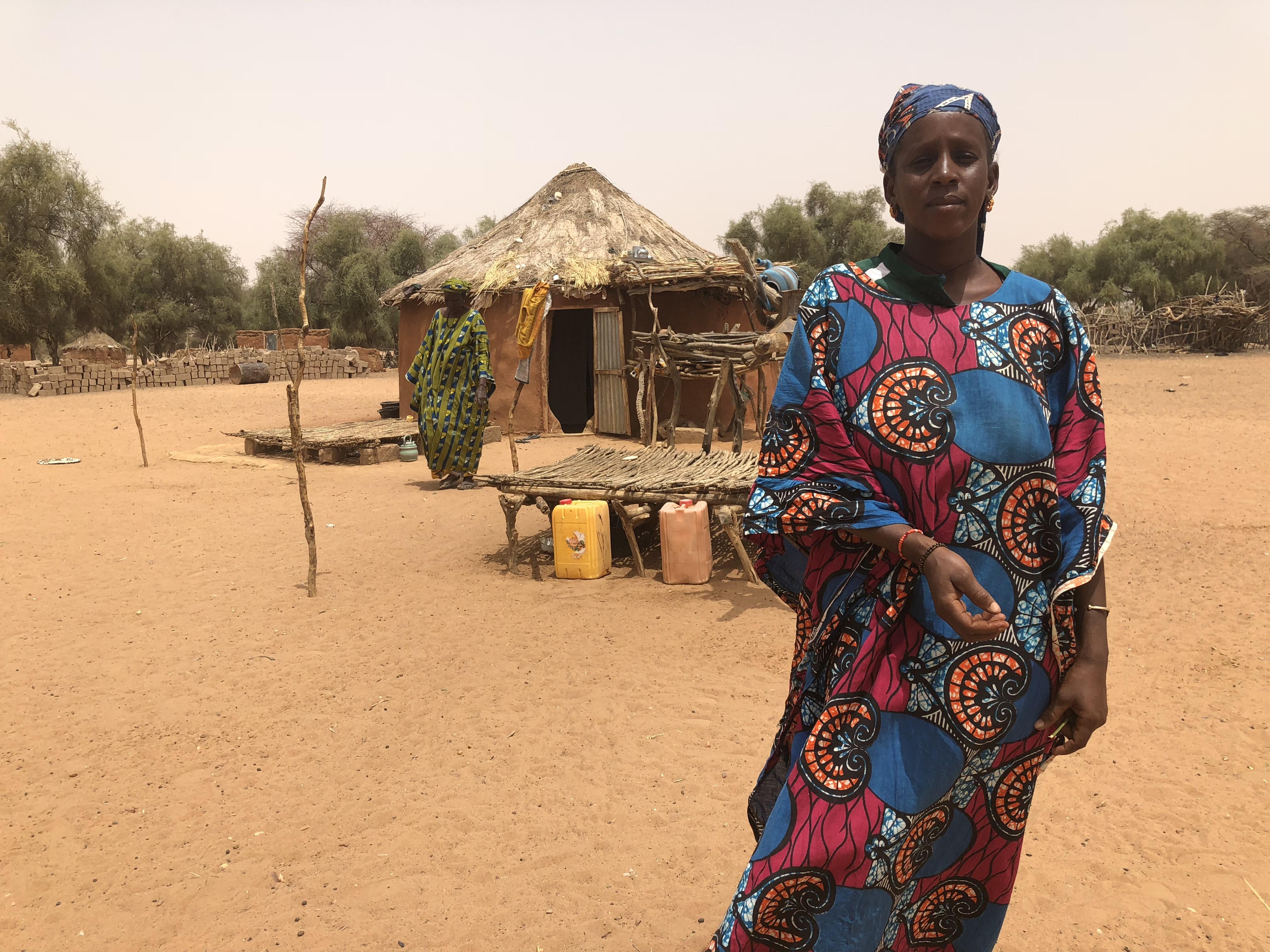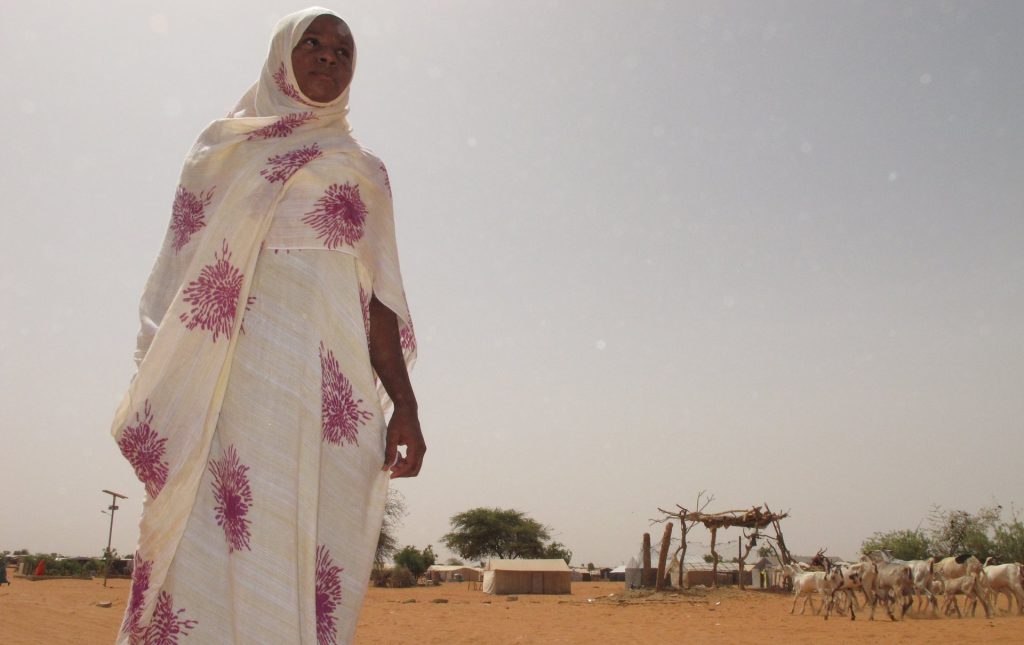The Mozambican Ministry of Gender, Children and Social Welfare needs over 374 million meticais (about 6.2 million US dollars) to implement the National Programme for the Economic Empowerment of Women, known as PROMULHER, over the next five years.
The programme, formally launched in Maputo on Wednesday, will consist of interventions that allow the development of women’s skills and the improvement of the business environment in which women entrepreneurs operate.
“We are currently counting on support from the African Development Bank (ADB) in the area of agro-processing and we hope that other partners, specifically the private sector, will have a preponderant role in this project”, the deputy national director of Gender, Sansao Buque, told the launch ceremony.
The Permanent Secretary of the Ministry of Gender, Children and Social Welfare, Danilo Momade, said that a study recently undertaken in six provinces (Maputo, Gaza and Inhambane in the south, Manica and Sofala in the centre, and Nampula in the north) showed that women face great challenges in the economic sphere, due to their low levels of literacy and training, and their poor access to finance, security of land tenure, and relevant skills for the labour market.
The majority of women said Momade, “work in the informal sector and in agriculture, particularly on subsistence crops, and even so they face limited access to agricultural inputs, to extensionists and to credit”.

PROMULHER is a challenging project, he added, and he hoped that all partners would be committed to it, in order to attain its goals.
The representative of UN-Women, Marie Kayisiri, told the meeting that the situation of Mozambican women is “critical”, and the country needs to invest seriously in women, “not with small, isolated interventions, but with a macro-strategy for long term development, since women are an important part of solving the country’s problems”.
“If we invest seriously in women, we can strengthen the existing economic projects”, she said. She pledged UN support for projects to empower women, in order to eradicate poverty and attain gender equity.

